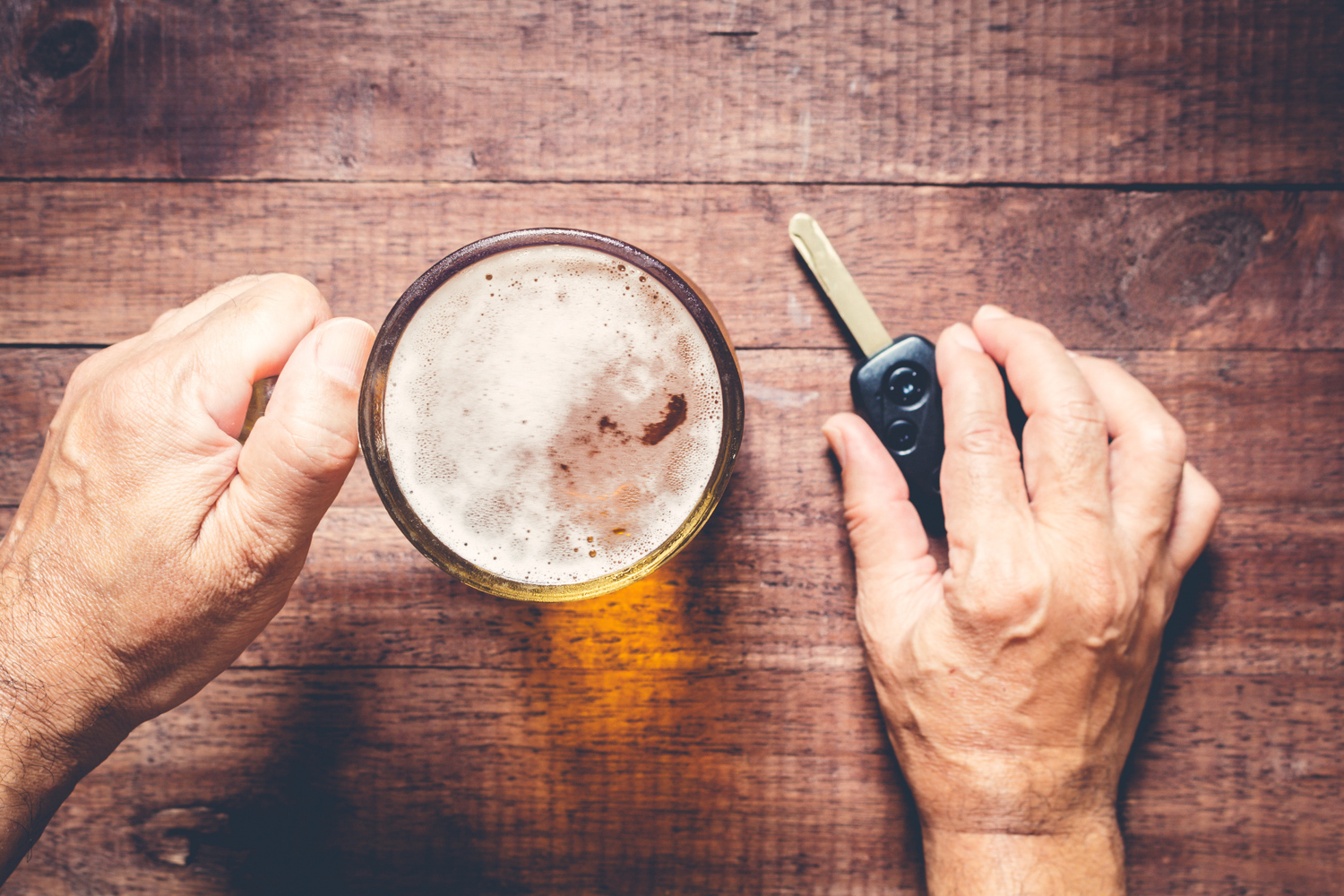A survey by the AA has found that a tenth of Irish drivers say they've driven while potentially over the drink-drive limit on a so-called 'morning after.'
5,000 drivers surveyed
The survey of some 5,000 drivers also found that three per cent said that they'd travelled as a passenger with someone whom they suspected to be over the limit, while 16 per cent said that were unsure as to whether this was the case.
"Many people associate drink-driving with this idea that someone goes on a night out, drinks alcohol and then drives home. But, people might get up for work early the next morning and think they are okay to drive a vehicle, when they more than likely are not. They are not aware of the dangers posed by driving the next day while still over the limit," says Anna Cullen from AA Ireland.
Only time helps you process alcohol
"Everyone breaks down alcohol differently and the time to bring you back under the legal blood alcohol limit will vary. Nothing will help you process the alcohol faster, only time. Our advice is simple: if you feel hungover, do not get behind the wheel. Wait or use alternative transport."
In a related question, the AA asked drivers if they supported proposals by the Road Safety Authority (RSA) to 'name-and-shame' drivers who'd been disqualified. The RSA made the suggestion as a possible deterrent to drink-driving and other bad on-road habits. The idea is similar to the publication of tax defaulters by the Revenue Commissioners.
42 per cent of respondents said that they 'strongly supported' the idea, with 34 per cent 'somewhat supporting' it and 19 per cent saying they did 'not support it'. A final five per cent were dead set against it.
Publication of disqualifications
When asked if such a publication of disqualified drivers would change their own driving habits, 69 per cent said that it wouldn't as 'they never drink and drive anyway' while 19 per cent said that it would change their behaviour. 12 per cent responded with an uncertain 'maybe'.
The RSA has said that its own research has indicated that there is not much support for the proposal, but that there may be merit in the idea specifically for commercial vehicle drivers, with the database of disqualifications accessible by employers. There are proposals being included in the Government's Road Safety 2021-2030 strategy document to that effect.

